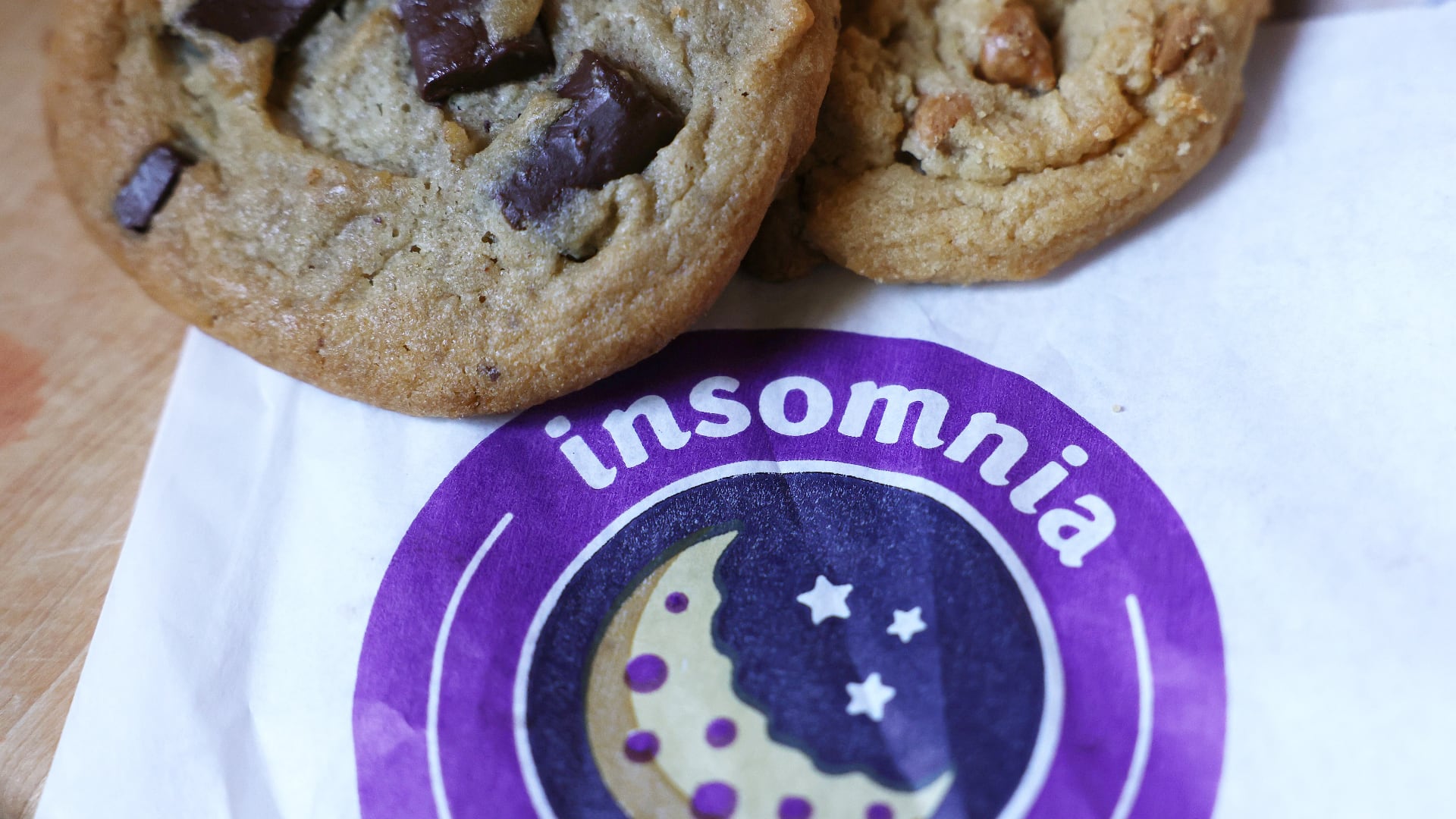*By Carlo Versano* Slack, the popular workplace communication tool, is now valued at more than $7 billion. The company announced Tuesday it closed a new $427 million funding round, making it one of the most valuable privately held tech start-ups ー and strengthening its position against tech titans like Microsoft, Google, and Cisco, all of which have their own enterprise products competing in the space. San Francisco-based Slack, which allows members to talk in private chats and group channels, [said in a blog post](https://slackhq.com/slack-raises-series-h-round-of-financing-from-new-investors) it would use the capital investment to grow its business, which now has more than 8 million daily active users and 70,000 organizations paying for access. The new valuation, up almost 40 percent from the $5.1 billion it was worth last year, makes Slack more valuable than Vice Media, fintech firm Robinhood, and online sports marketplace Fanatics, according to CBInsight's [Global Unicorn Club](https://www.cbinsights.com/research-unicorn-companies). The funding round was led by General Atlantic and Dragoneer Investment Group and included T. Rowe Price, Wellington Management, Baillie Gifford and Sands Capital. Last year, Slack got a $200 million cash infusion from [Softbank's Vision Fund](https://www.recode.net/2017/9/18/16324754/softbank-slack-investment), the massive venture capital fund that has pumped billions into some of the most high-profile unicorns in Silicon Valley. It's raised more than $1 billion to date.












